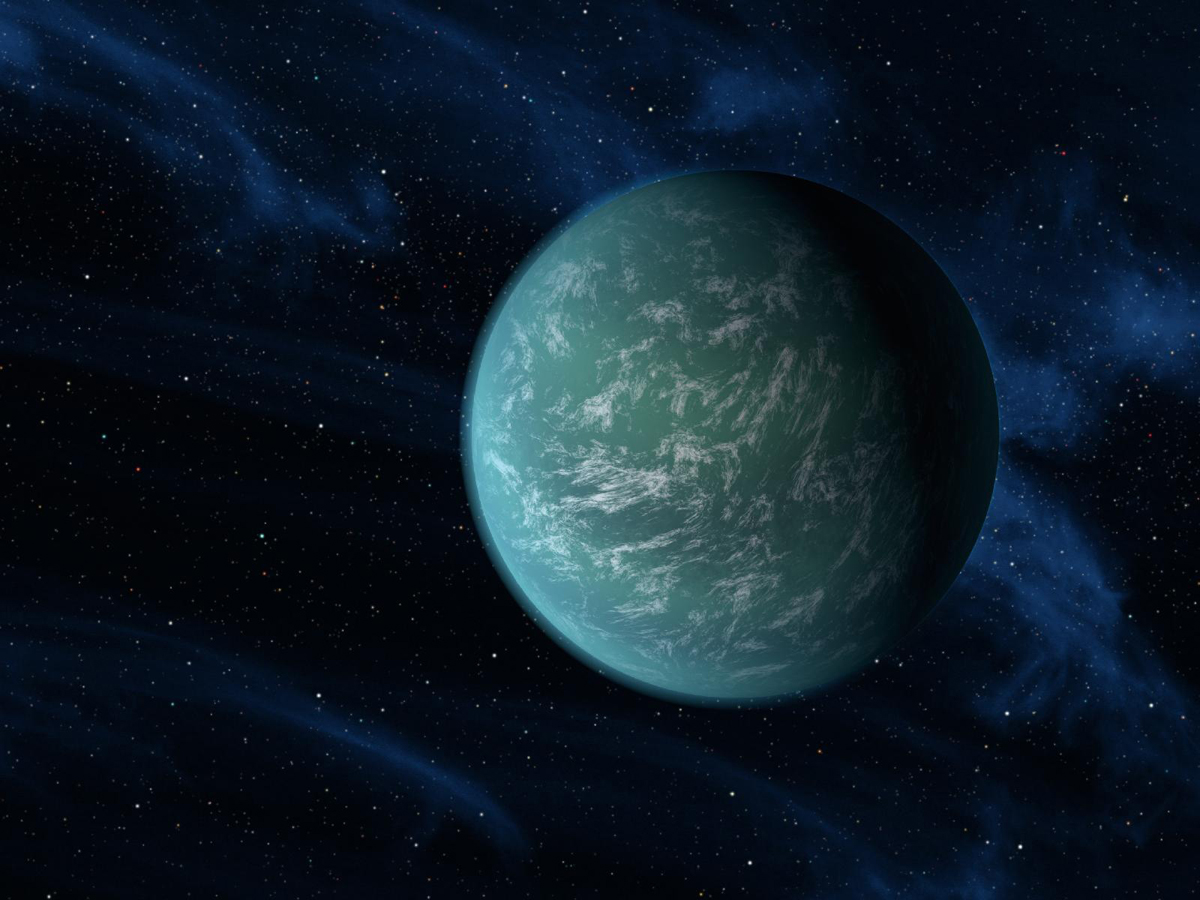11 Best Astronomy Stories of 2011
Alien Planets in the Habitable Zone

On Dec. 5, researchers announced that NASA's planet-hunting Kepler observatory confirmed the discovery of its first alien planet in the habitable zone of its parent star. This so-called habitable zone is located at just the right distances away from the star so that conditions could allow liquid water to exist on a planet's surface.
But Kepler is not alone in its hunt for alien worlds.
A telescope from the European Southern Observatory that searches for signs of exoplanets also made enticing finds this year. The High Accuracy Radial velocity Planet Searcher instrument, or HARPS, found more than 50 new alien planets, including one super-Earth that could potentially support life.
As researchers continue to sift through data from Kepler, HARPS and various other instruments, exoplanet research is not showing any sign of slowing down.
Join our Space Forums to keep talking space on the latest missions, night sky and more! And if you have a news tip, correction or comment, let us know at: community@space.com.
Get the Space.com Newsletter
Breaking space news, the latest updates on rocket launches, skywatching events and more!

Denise Chow is a former Space.com staff writer who then worked as assistant managing editor at Live Science before moving to NBC News as a science reporter, where she focuses on general science and climate change. She spent two years with Space.com, writing about rocket launches and covering NASA's final three space shuttle missions, before joining the Live Science team in 2013. A Canadian transplant, Denise has a bachelor's degree from the University of Toronto, and a master's degree in journalism from New York University. At NBC News, Denise covers general science and climate change.
